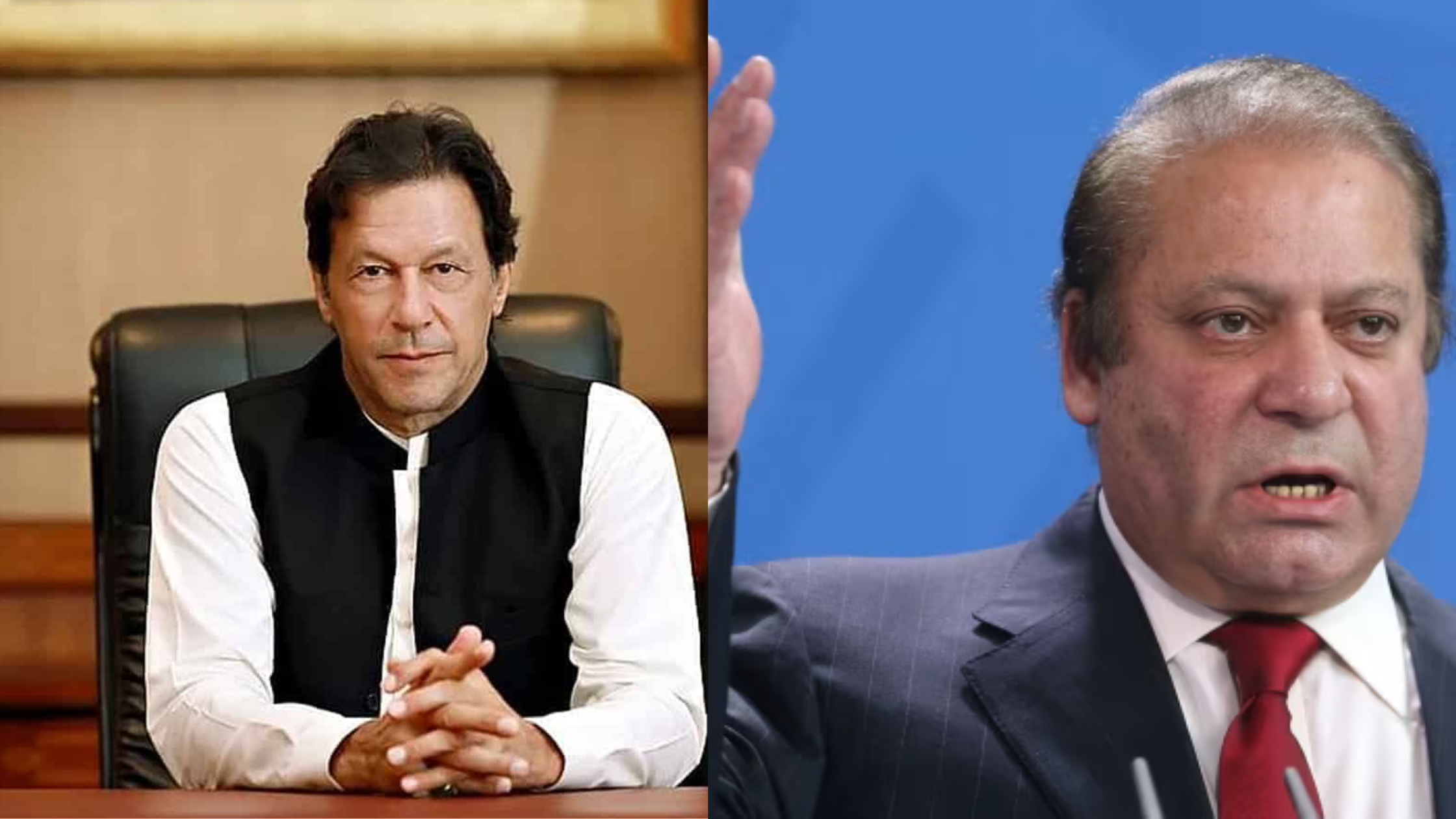The recent election in Pakistan took place on February 8th 2024 to elect the members of the 16th National Assembly. This was one of the biggest general elections. However, this election has led to enormous controversies and has raised concerns about the rigged electoral process.
We will further examine in detail, aspects of inconclusive election results, implications of elections on Pakistan’s growth prospects and what was so different about this election? However, Niche question comes to mind of common citizen is why do Pakistan needs elections when military is running the country? Why Pakistan, who is already a poor country wastes Rs 8 billion of tax payer money for elections, when leader has to be decided by military. Queries including what was different about present election and ensuing chaos will be addressed subsequently.
On the global stage irrespective of military control, Pakistan, being a democracy is expected to uphold the standards regarding the scheduling and execution of elections. Non conduct of elections is perceived as a deliberate attempt to undermine the recognised democracy of a country. Non conduct of timely election, could lead to condemnation from the international community and even sanctions against the government or its leaders. It will also hinder approval of loans from other nations and organisations like International Monetary Fund (IMF). However, Pakistan is not situation to afford more economic erosion, so act of conducting election was compulsion for Pakistan.
Political Landscape in Pakistan
Elections are crucial moments for any nation, as they offer citizens the opportunity to voice their opinions and choose their representatives. It’s a time when political parties present their platforms and candidates, and the electorate makes informed decisions about the future direction of their country. Before the recent election in Pakistan, the political landscape was marked by tension and uncertainty. Former Prime Minister Imran Khan was jailed for charges of corruption, leaking sensitive info, illegal marriage etc. Also, his party PTI with symbol ‘Cricket Bat’ was banned from contesting elections. PTI candidates fought elections as independent candidates. According to the Election Commission of Pakistan (ECP), 70 political parties were registered to participate in the 2024 general elections. Officially major parties included PML-N and PPP.
No Clear Majority in Pakistan Election 2024
The public was looking forward to improvements in security, healthcare, education and infrastructure post-election. Following the election, Pakistan witnessed a fragmented political landscape with no single party securing a clear majority out of 265 seats. Both the Pakistan Muslim League-Nawaz (PML-N) with 75 seats and the Pakistan People’s Party (PPP) with 54 seats failed to win enough seats to form a government independently.
Instead, independent candidates backed by former Prime Minister Imran Khan emerged as the largest group in parliament with 93 seats, despite Khan’s party facing restrictions. The election results were seen as a protest against perceived military interference in politics, contributing to political instability. Major global stakeholders including European union, India and the United States expressed concerns about the implications of the election outcome.
The story became more complicated after the election results. Rampant manipulation and fraud of electoral results due to intervention of military.
A significant number of supporters of former Prime Minister Imran Khan, along with members of other political parties, mobilized to stage protests and block key highways across the volatile southwest region of Pakistan. The demonstrations were prompted by allegations of vote-rigging in the recent elections. Khan’s supporters, joined by others, organized a daylong strike to voice their discontent and demand accountability regarding the electoral process. The protests reflect growing concerns about the fairness and transparency of the election results.
In a separate development, several nationalist and Islamist political parties in Baluchistan took to the streets to block two vital highways leading to Iranian and Afghan border crossings. This action aimed to highlight grievances and assert political demands. The highway blockades underscore the ongoing unrest and political tensions in the region, with various factions expressing dissatisfaction with the electoral process and broader governance issues. The protests disrupt crucial transportation routes, impacting both domestic and international trade and travel.
Future Outlook of Pakistan Politics
There’s a lot of political activity and tension brewing in Pakistan. Forming a government can indeed be a complex process, especially when there are passionate supporters expressing their views. Political transitions often come with their own set of challenges and debates. At present, no majority to single party has resulted in a hung assembly. One potential solution in sight is the consideration of an alliance between the PML-N and PPP. Looking ahead, Pakistan faces significant challenges in forming a stable government and addressing pressing economic and social issues. The absence of a clear mandate complicates the prospects for implementing necessary reforms and securing international support, such as an International Monetary Fund program. The country’s relations with neighbouring India remain strained, with prospects for dialogue and cooperation uncertain.
Additionally, concerns persist about the military’s role in shaping Pakistan’s political landscape and its implications for democratic governance. The future trajectory of Pakistan’s politics will depend on the ability of political parties to navigate these challenges and forge consensus on key issues.

